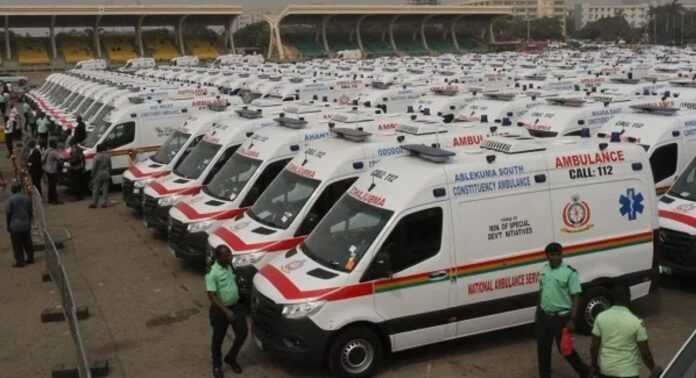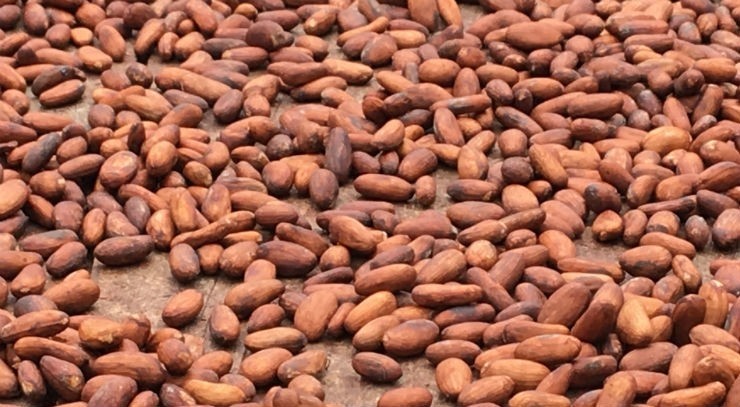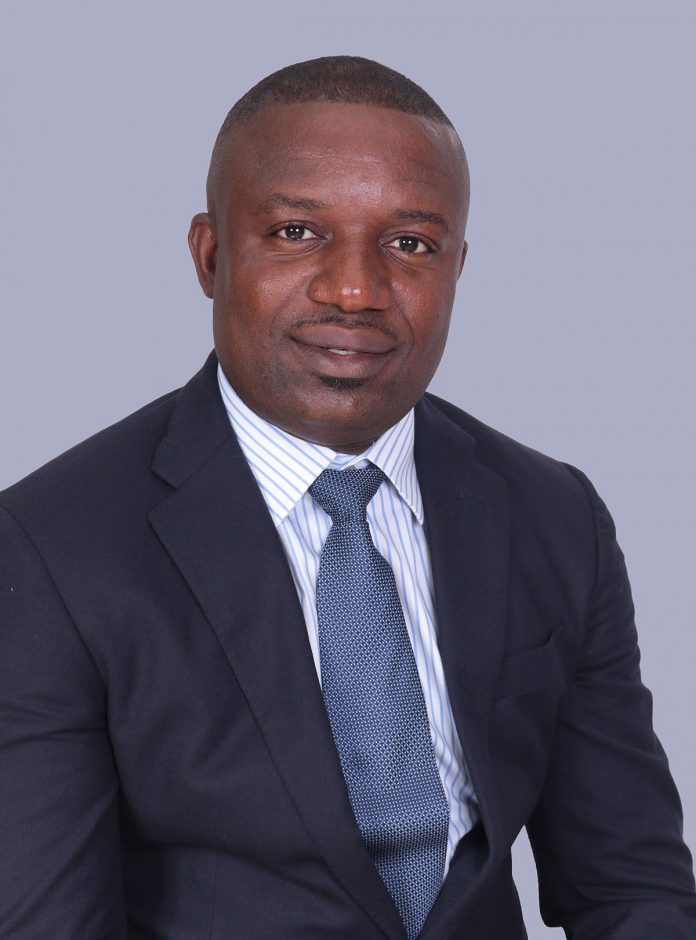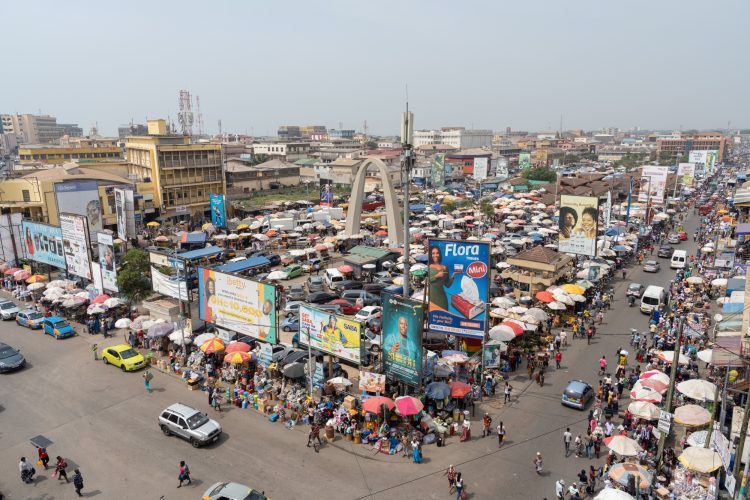The Minister for Energy and Green Transition, John Jinapor, has criticised the defunct Power Distribution Services (PDS) deal, attributing its collapse to greed and political interference.
Speaking on Wednesday, July 16, 2025, during the Government Accountability Series in Accra, Mr. Jinapor stated that while the idea of involving the private sector in power distribution was not inherently flawed, the implementation of the PDS arrangement was marred by self-serving interests.
“We are not going to use the PDS approach in bringing in the private sector. PDS was not a bad approach in terms of private sector involvement. The only bad thing was that a few greedy individuals decided to cannibalise the process and to sell the shares among themselves,” he said.
The Energy Minister explained that despite its shortcomings, the PDS model showed some initial promise.
“If they had started what we are doing now—ensuring value for money, a competitive process, and less political interference—even in its bad form, we saw that the revenue of ECG was increasing. So, it means that if we do it better, then we can get real results,” he added.
Mr. Jinapor emphasised that the government’s renewed push for private sector involvement in the operations of the Electricity Company of Ghana (ECG) would not repeat the mistakes of the past.
“I have assured you that we would not get involved in the shares of the new private involvement,” he said, insisting that transparency and accountability would be at the heart of the new initiative.
Background of PDS Deal
The Power Distribution Services (PDS) Ghana Limited takeover was a controversial deal that saw the government of former President Nana Addo Dankwa Akufo-Addo award a 25-year concession to PDS to manage the Electricity Company of Ghana (ECG).
The deal was signed in March 2019 but was suspended in July 2019 following allegations of fraud.
In March 2019, Ghana was set to receive a critical $190 million as part of the second tranche of the Millennium Challenge Corporation (MCC) Power Compact. The funds were intended to support long-term infrastructure improvements and help the country’s energy sector recover financially.
However, the transfer was halted by the U.S. government after Ghana cancelled a concession agreement with Power Distribution Services (PDS). Under the deal, PDS was to take over operations and management of the Electricity Company of Ghana (ECG). The MCC considered private sector participation a key part of the reform, and the collapse of the agreement jeopardised the compact.
In July 2019, PDS was found to have submitted invalid insurance guarantees as payment securities for the takeover. These were supposed to be either a demand guarantee or a bank-issued letter of credit. But due to difficulties in securing a bank guarantee, PDS proposed using a demand guarantee from an A-rated insurance company.
As a result, PDS submitted guarantees issued by Al Koot Insurance and Reinsurance, a Qatari firm. However, investigations later revealed that the documents included forged signatures and fake letters. It was also found that Al Koot lacked the financial capacity and legal authorisation to issue such guarantees.
This breach led to the cancellation of the concession and the suspension of the $190 million funding, dealing a major blow to Ghana’s energy sector reform efforts.
























































![[FREE FREE MONEY] Predict and Win a Guaranteed GH¢200 From Us EVERY WEEK](https://wordpress.ghanatalksradio.com/wp-content/uploads/2022/02/Predict-and-Win-Final-09-03-2021-218x150.jpg)
![[Predict & Win – 8th/Oct.] WIN A Guaranteed ¢200 From Us This Week](https://wordpress.ghanatalksradio.com/wp-content/uploads/2021/10/maxresdefault-16-218x150.jpg)
![[Predict & Win – 2nd] WIN A Guaranteed ¢200 From Us This Week](https://wordpress.ghanatalksradio.com/wp-content/uploads/2021/09/maxresdefault-50-218x150.jpg)
![[Predict & Win – 25th] WIN A Guaranteed ¢200 From Us This Week](https://wordpress.ghanatalksradio.com/wp-content/uploads/2021/09/maxresdefault-36-218x150.jpg)
![[Predict & Win – 18th] WIN A Guaranteed ¢200 From Us This Week](https://wordpress.ghanatalksradio.com/wp-content/uploads/2021/09/maxresdefault-23-218x150.jpg)







![[National cathedral] See full list of churches that have contributed since 2018](https://wordpress.ghanatalksradio.com/wp-content/uploads/2020/09/Ghana-National-Cathedral-GhanaTalksRadio-100x70.jpg)
![[W/E-10/9/21] DAILY NEWS SUMMARY: Facebook Smart Glasses, Jennifer Lawrence, Boateng Fined $2.13m, more](https://wordpress.ghanatalksradio.com/wp-content/uploads/2021/09/maxresdefault-14-100x70.jpg)


